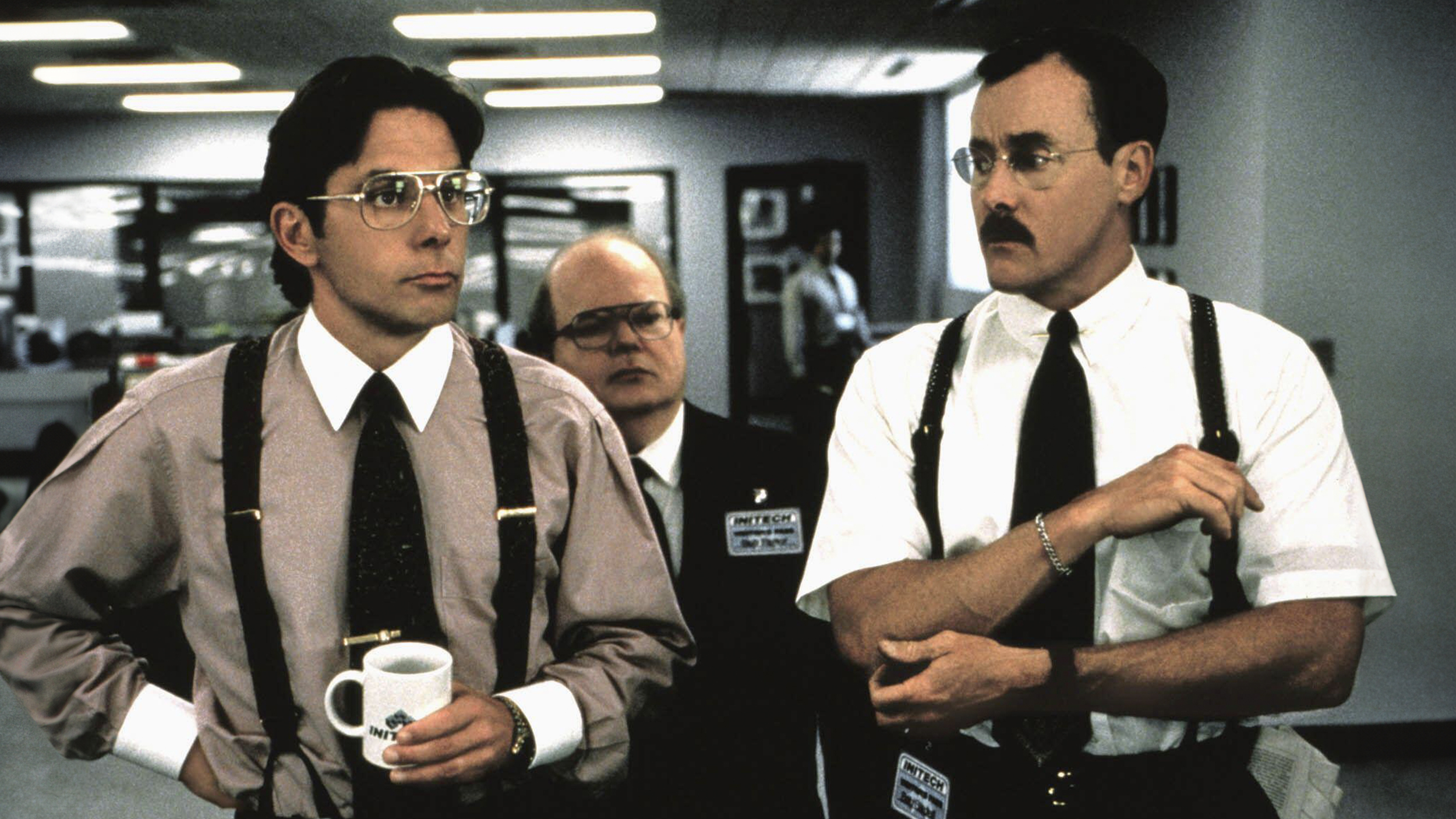Before Saying “Yes,” Check For Red Flags During the Job Interview

Here’s a common situation: a job interviewee ignores common warning signs from the interview and elects to take the position despite apprehensions. Fast-forward any real unit of time and that person complains every single day that his or her boss, job, or office is displeasing and unsatisfactory.
Avoiding scenarios like this is the purpose of a recent blog post at Forbes by career expert Lisa Quast. In it, she places a particular emphasis on how to pick up on red flags from your job interview. For example, you can reasonably assume that the office you’re interviewing at might be kind of dysfunctional if the hiring manager is completely devoid of any degree of professional passion. Are you not being asked difficult questions? Are the goals of the department — and the company as a whole — poorly explained? The worst situation is if the troublesome or uninspired person interviewing you is also the person who will supervise you once hired. The job interview is your first glimpse of their leadership in action. If they fail to deliver, don’t expect things to get better later on.
It’s important to gauge your interviewer’s sense of self-awareness and whether they seem to be respected by their co-workers and peers. Perform some basic reconnaissance as long as you’re visiting a new office. Try to get a grasp for atmosphere and chemistry. If the workers seem miserable, expect to one day be miserable too. If gloom is what employees convey in front of visitors, you can imagine that more neutral situations would be like.
There’s no shame in turning down a job if you have doubts about the office or your potential boss. Of course, that may not come as an option if you’re desperate for work, but in either situation, your initial impressions of the workplace will tell a lot about what you can expect as a future employee. Just be sure to reasonably assess risks and benefits so that you’ll not regret the decision later.
Read more at Forbes
Photo credit: CREATISTA / Shutterstock





